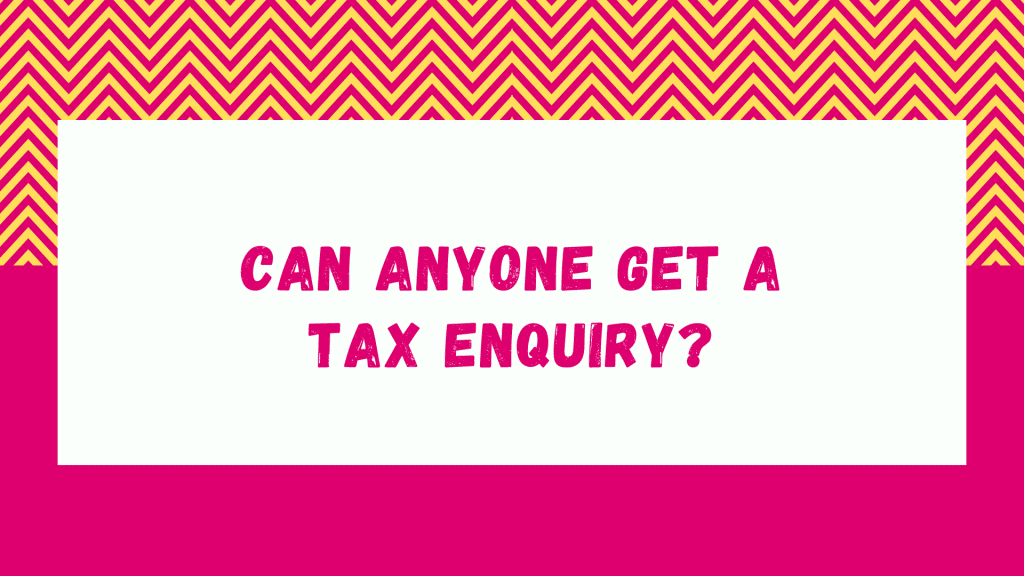
Each year HM Revenue & Customs (HMRC) undertake an enormous number of tax enquiries into individuals and businesses to check…

Each year HM Revenue & Customs (HMRC) undertake an enormous number of tax enquiries into individuals and businesses to check…
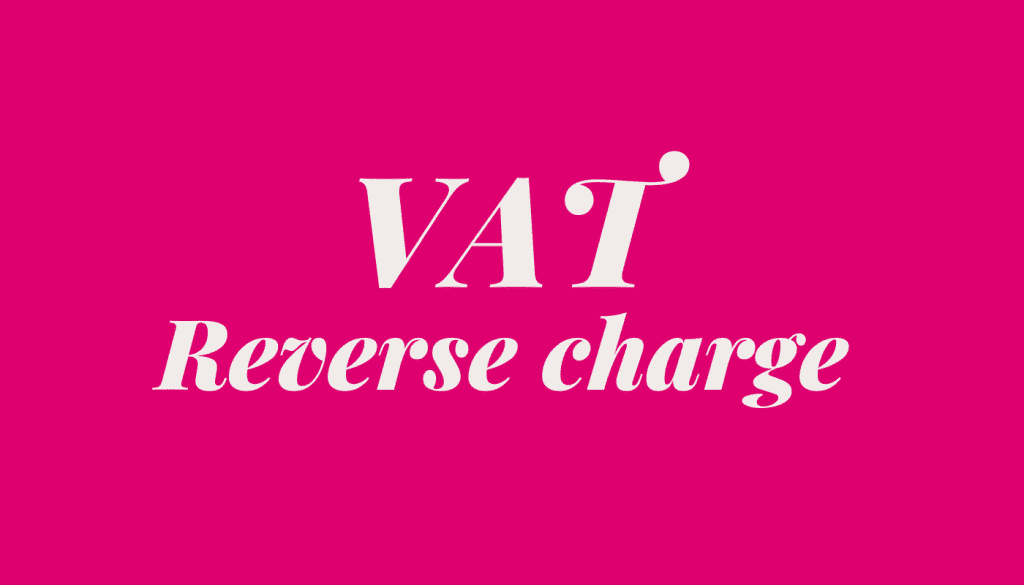
From the 1st March, the VAT reverse charge scheme now applies to construction. If you work in the construction industry…
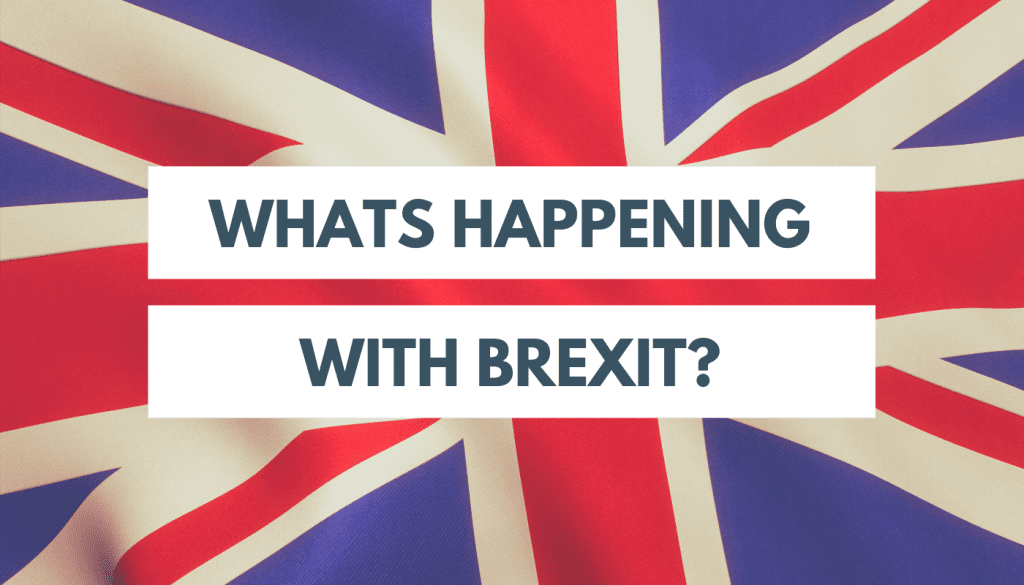
The UK Prime Minister, Boris Johnson, UK Chief negotiator David Frost and EU negotiator Michel Barnier continue to offer differing…
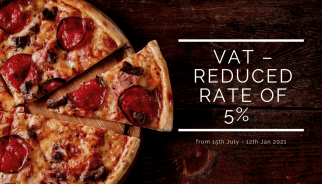
VAT – REDUCED RATE OF 5% The government made an announcement on 8 July 2020 allowing VAT registered businesses to…
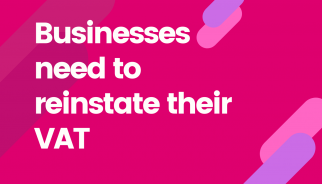
The deferral of VAT payments due to coronavirus comes to an end on 30 June and businesses need to take…

Fact: All of our clients are Making Tax Digital (MTD) compliant because they use the latest online accounting software provided…